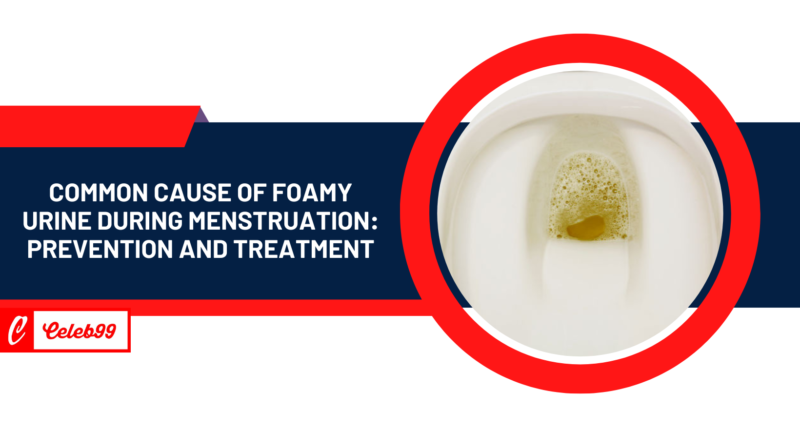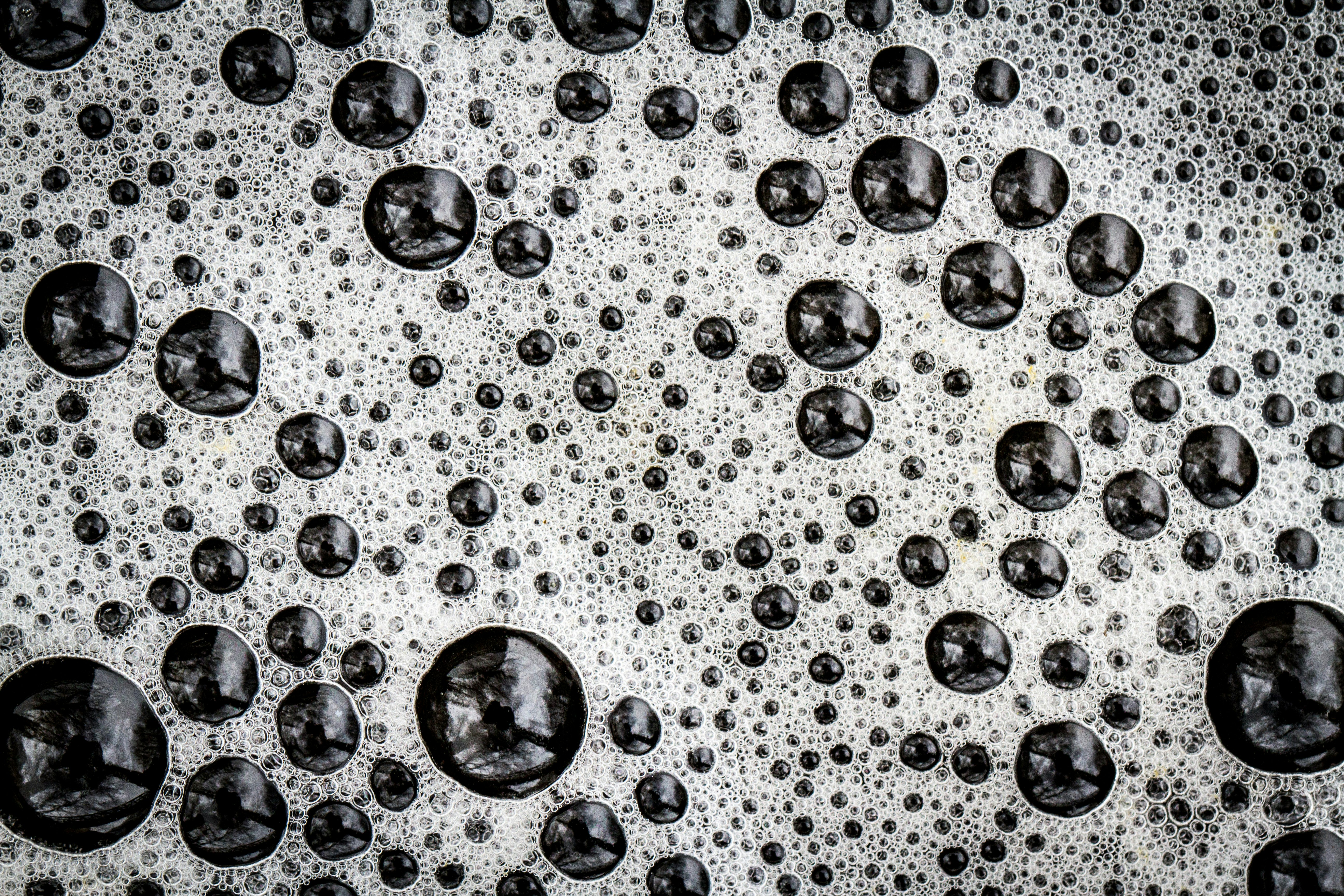Find out “Common Cause of Foamy Urine During Menstruation” Many women experience foamy urine during menstruation, which is also known as “dysuria.” This is not a normal occurrence and can be a sign of an underlying health issue. In this blog post, we will discuss what causes foamy urine and how to prevent it from occurring in the future. We will also explore potential treatments and lifestyle changes that may help reduce or eliminate the problem altogether. So if you have been experiencing foamy urine during your period, keep reading to learn more about possible causes and solutions!
What is Foamy Urine?
Foamy urine during menstruation is a common symptom caused by the shedding of the uterine lining. This can lead to increased levels of estrogen in the body, which can in turn cause fluid retention and lead foamy urine. While this is a common symptom and is nothing to be worried about, there are some things you can do to prevent it from happening.
If you are prone to foamy urine during menstruation, make sure to drink plenty of fluids throughout the day. This will help flush out your system and reduce the amount of estrogen in your body. You should also avoid salt and caffeine, as these can lead to fluid retention. If you are still experiencing foamy urine after taking these precautions, there are over-the-counter diuretics that can help reduce the symptoms.
Causes of Foamy Urine
There are many possible causes of foamy urine during menstruation. One common cause is dehydration. When the body is dehydrated, it produces less urine. This can cause the urine to be more concentrated and to have a strong odor. Another common cause of foamy urine during menstruation is an infection in the urinary tract. This can cause the urine to become cloudy and have a strong odor. If you have any concerns about your foamy urine during menstruation, please see your doctor for further evaluation.
What causes foamy urine in females?
The potential causes of foamy urine in females include:
Kidney disease: When the kidneys are not functioning properly, they can allow the protein to leak into the urine, which can cause it to appear foamy.
Urinary tract infection: An infection in the urinary tract can cause irritation and inflammation, leading to the production of foam.
Medications: Certain medications, such as those used to treat high blood pressure, can cause foamy urine.
Pregnancy: Increased levels of protein in the urine is common during pregnancy, which can make it appear foamy.
Dehydration: causes your urine may appear darker and have a strong odor. It may also be more concentrated, which can make it appear foamy.
Prevention of Foamy Urine
Foamy urine is one of the most common problems faced by women during menstruation. There are a number of reasons why this happens, but the most common cause is due to the shedding of the uterine lining. This can lead to an increase in the amount of blood and fluid in the urine, which can make it appear foamy. Other causes of foamy urine include dehydration, kidney disease, and certain medications.
There are a few things you can do to prevent foamy urine during menstruation. First, make sure you’re drinking enough fluids. This will help to thin out your urine and reduce the chances of it becoming foamy. Second, avoid diuretics such as caffeine and alcohol, which can dehydrate you and make your urine more concentrated. Finally, if you have any underlying medical conditions that could be causing your foamy urine, be sure to talk to your doctor about possible treatments.
Treatment of Foamy Urine
One of the most common causes of foamy urine during menstruation is a condition called premenstrual syndrome (PMS). PMS is a disorder that can cause a variety of symptoms, including bloating, weight gain, mood swings, and fatigue. While the exact cause of PMS is unknown, it is believed to be related to changes in hormone levels during the menstrual cycle. Treatment for PMS generally includes lifestyle changes and medication.
Lifestyle changes that may help reduce the symptoms of PMS include:
- Getting regular exercise
- Eating a healthy diet
- Reducing stress
- Avoiding caffeine and alcohol
- Getting enough sleep
Medications that are commonly used to treat PMS include:
- Antidepressants: These drugs can help relieve mood swings and other psychological symptoms of PMS. Common antidepressants used to treat PMS include selective serotonin reuptake inhibitors (SSRIs) and tricyclic antidepressants (TCAs).
- Hormone therapy: This treatment can help regulate hormone levels and reduce the severity of symptoms. Options include birth control pills, patches, shots, or vaginal rings.
- Pain relievers: Over-the-counter pain relievers such as ibuprofen or naproxen can help relieve cramping and other physical discomfort associated with menstruation.
When to See a Doctor
If you experience foamy urine during menstruation, it is important to see a doctor to rule out any underlying medical conditions. In most cases, foamy urine during menstruation is caused by hormonal changes and is nothing to worry about. However, if you experience other symptoms such as pain or burning during urination, fever, or back pain, this could be a sign of a more serious condition such as a urinary tract infection. If you are concerned about any symptoms you are experiencing, please see your doctor for an evaluation.
Final Thought!
Foamy urine during menstruation can be an uncomfortable and alarming experience. Fortunately, there are a few simple steps you can take to help reduce the chances of experiencing this issue. By staying hydrated, avoiding caffeine and sugary beverages, getting plenty of exercises, eating a healthy diet rich in fruits and vegetables, practicing good hygiene habits such as wiping from front to back after using the restroom, and seeing your doctor for further evaluation if needed, you should be able to manage or prevent foamy urine during your period. With these strategies in mind, you should hopefully find relief from any unpleasant symptoms associated with this condition.
Continue to check our website for more articles of this kind. And, please use our comment section as well, we would love to hear from you.










